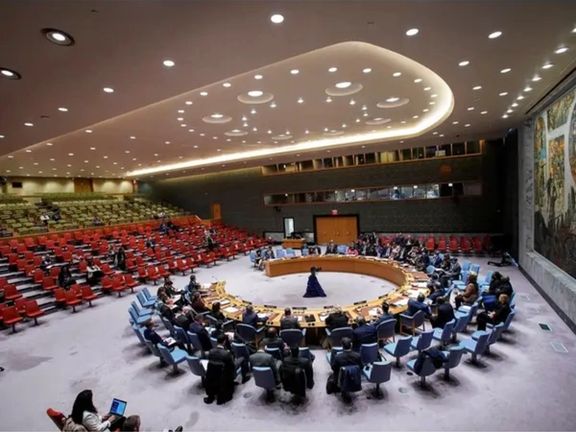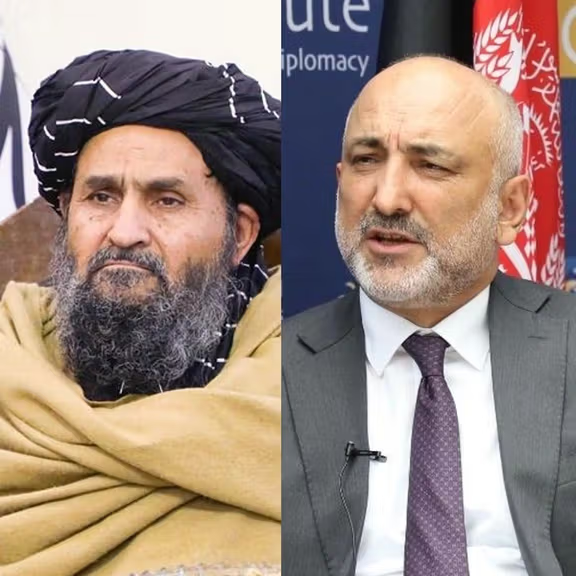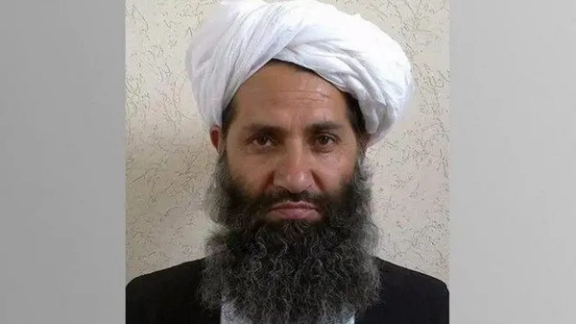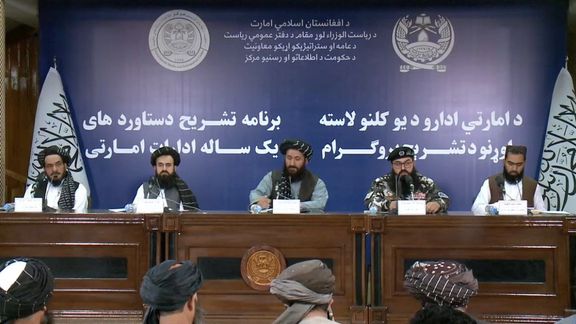It is unclear what charges these women are being held on.
The Taliban's laws severely restrict the presence of women in public life and have criminalised some normal behaviours, such as women’s voices being heard.
Taliban officials reported that nearly 11,000 people have been sentenced to prison, and an additional 10,000 to 12,000 individuals are being held in detention centres under the group’s control.
According to the report, around 150 foreign nationals are also imprisoned by the Taliban.
During the presentation of the administration’s annual report, the Taliban denied allegations of physical and psychological torture of prisoners.
Habibullah Badr, the Deputy Director of Military Affairs for the Taliban's Prison Authority, said, "If anyone doubts this, the doors of the prison administration are open to everyone, and they can meet with any detainee or prisoner."
The Taliban’s denial of prisoner torture comes after sources confirmed to Afghanistan International that 87 people have died due to torture in Taliban intelligence prisons over the past three years.
According to these sources, prisoners in Taliban jails have been killed using various methods, including electric shocks, suffocation, drowning, and sexual organ torture.
The United Nations Assistance Mission in Afghanistan (UNAMA) has previously reported multiple times that the Taliban have imprisoned and tortured soldiers and former government employees. Several reports indicate that some of these individuals have died as a result of this torture. However, the Taliban have consistently denied these allegations.






